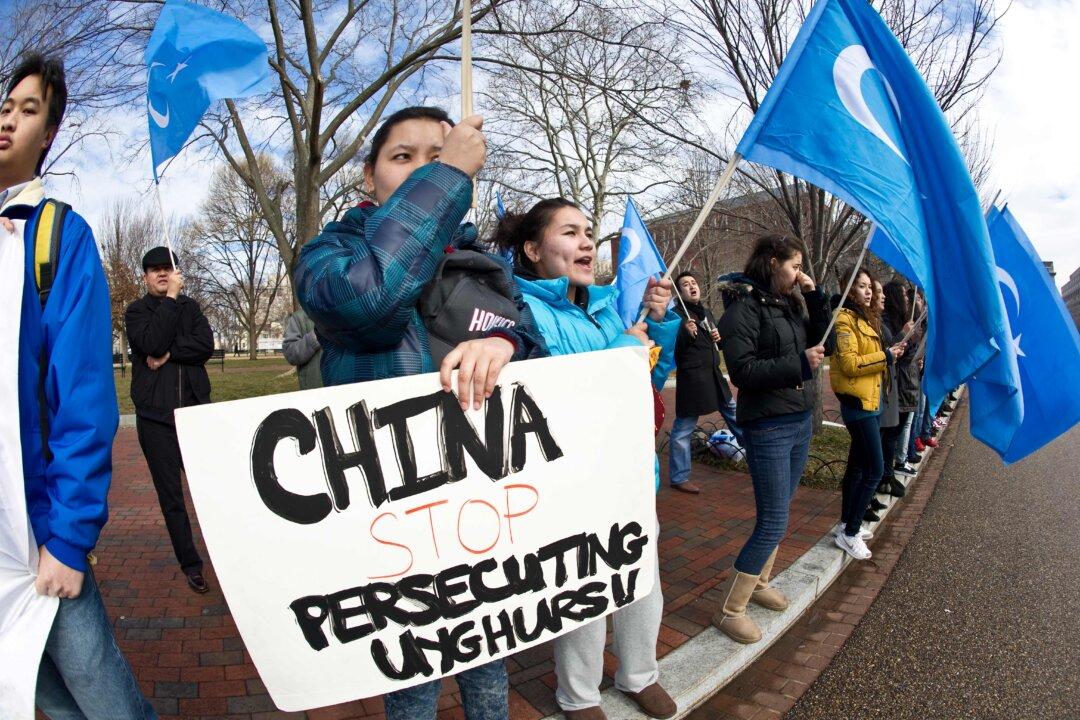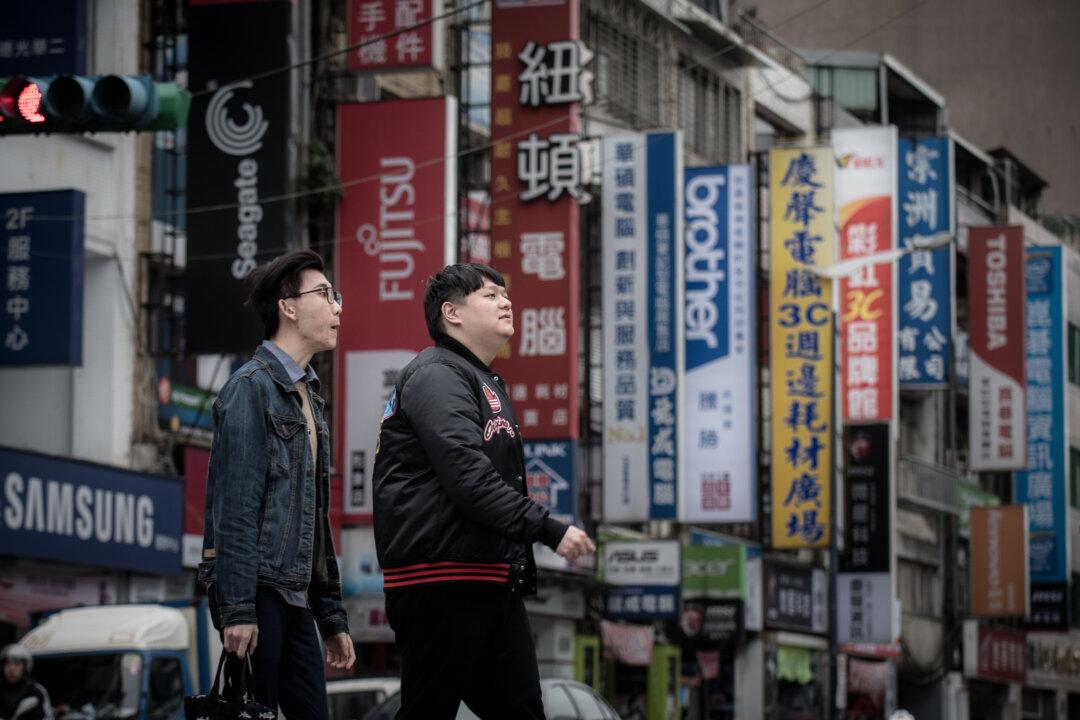A report says that Uyghurs, the Muslim ethnic people in China’s Xinjiang region that has been among China’s most heavily persecuted minority groups, are being spied upon by Chinese regime’s intelligence services even after they’ve escaped China and sought asylum overseas. The report comes at a time when the United States and other nations are growing increasingly alerted to the Chinese regime’s efforts to extend its authoritarian control and influence across the world.
The Chinese regime has been rapidly increasing its persecution of the Uyghurs in Xinjiang in recent years, according to various human rights watchers and reports, such as the U.S. State Department’s International Religious Freedom Report published last year.




